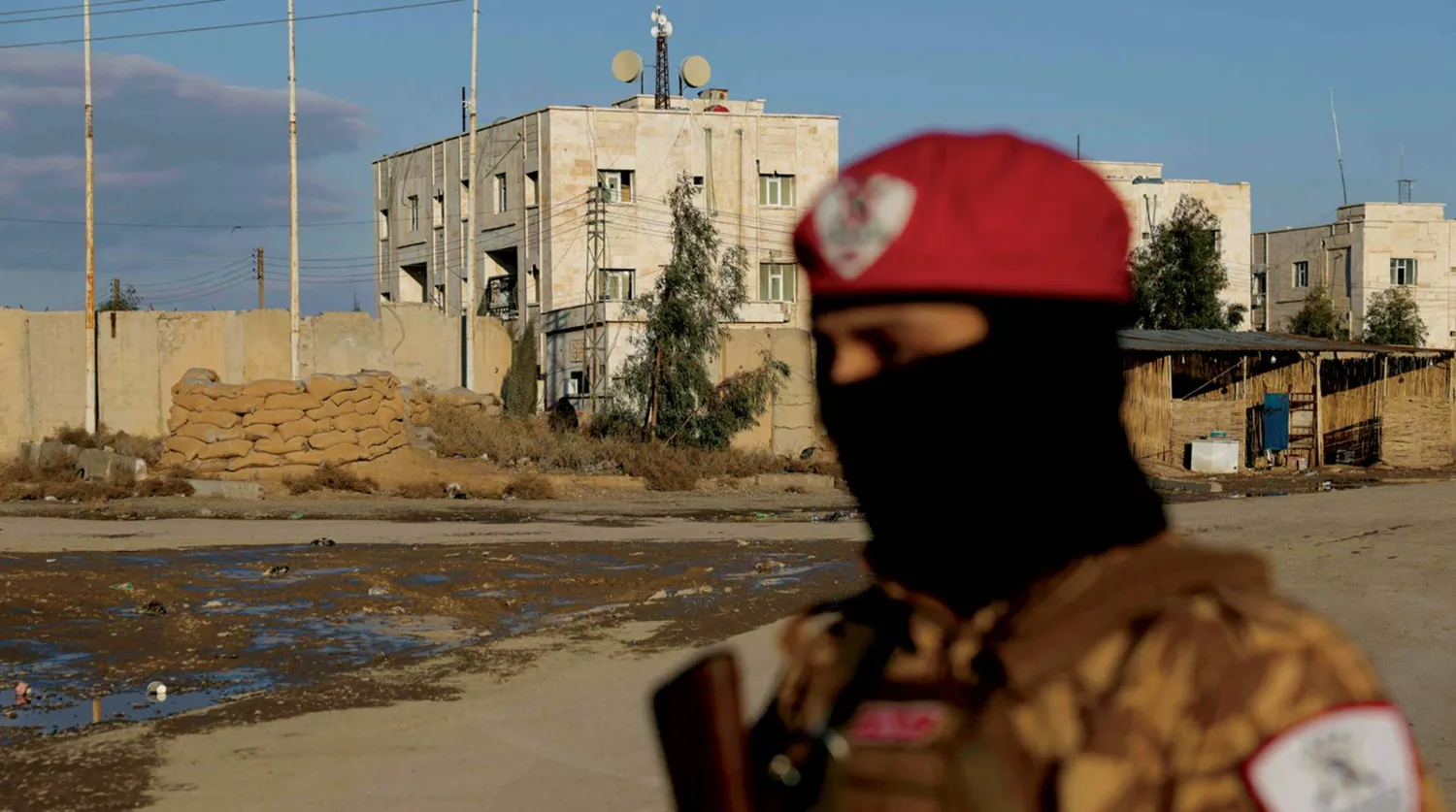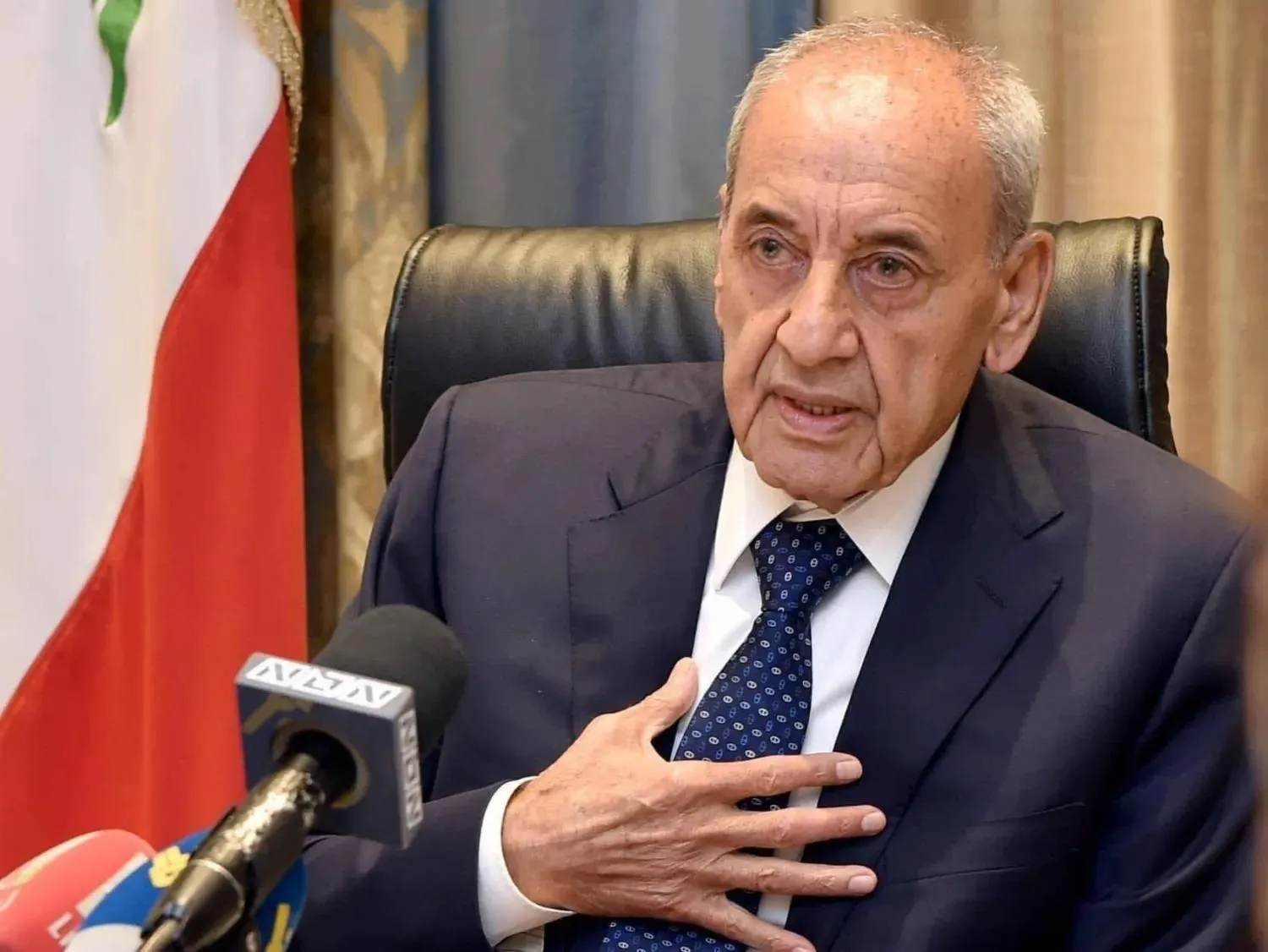A Jordanian airstrike has reportedly targeted an alleged drug factory in southern Syria, which has turned into a hotspot for manufacturing and smuggling drugs and weapons, and human trafficking.
Sources told Asharq Al-Awsat that Jordan will continue its war against militias smuggling drugs and weapons from Syrian territories.
Observers in Amman believe Syria needs more seriousness in implementing the commitments made at the meetings of the Ministerial Committee concerned with the Syrian crisis.
The Syrian Observatory for Human Rights (SOHR) reported on Thursday that warplanes "which are likely to be Jordanian" launched an airstrike targeting a drug-manufacturing factory near al-Ghariyah town in al-Suwaida countryside, which led to its destruction. No causalities were reported.
According to the Observatory, the raid included two successive bombings.
Local sources said that the bombed area has several farms and is considered a hub for drug smugglers in southern Syria, as Captagon trade and smuggling are active through these areas.
Amman has expressed its concern on several occasions about the ongoing arms and drug smuggling operations, which took a new and advanced turn after smugglers began using drones.
On Monday, the Jordanian Army said it downed a drone heading from Syria in the third such incident this month, while officials said an increase in weapons being smuggled across the border was raising concerns about a new threat beyond drugs.
The Jordanian Army has thwarted several operations to smuggle weapons, drugs, and explosives and attempts to infiltrate Jordanian territories. They arrested a few smugglers while the rest escaped to Syria.
Several journalists said that Jordanian officials were dissatisfied with Syria's response.
Last May, Jordan carried out rare airstrikes on southern Syria, hitting an Iran-linked drugs factory in Daraa and killing a smuggler allegedly behind big hauls across the two countries' border, local and intelligence sources said.
Back then, Foreign Minister Ayman Safadi declined to confirm his country had carried out the strike.
"When we take any step to protect our national security or confront any threat, we will announce it at the right time," he said during a press conference.
However, residents of Umm al-Rumman categorically denied any connection between the farm owner and smuggling operations and suggested that the Jordanian forces received false information, according to the local opposition website Al-Rased.
The opposition Suwayda24 network quoted Mansour Hassan al-Safadi, the farm owner, as denying any illegal activity on his farm, stressing that it is used for raising livestock, poultry, and for agricultural work.
He affirmed his support for any party that fights smuggling operations and said that the farm and its workers are not involved in any smuggling operations, suggesting the attack was likely the result of "misleading" information.









